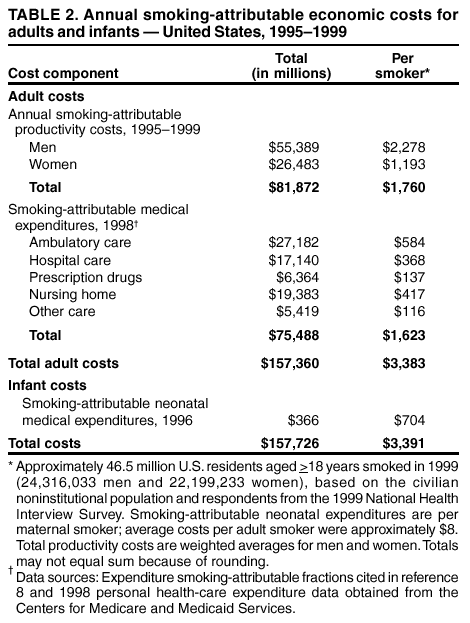RedWolf
Deity
It makes our taxes higher with all their damn disease, that's why it's our buisness.
This logic can be taken to ridiculous extreme - We're only talking about smoking because it's the "nasty habit" of the times.
How often do you excercise? How often do you order pizza or fast food, drive on icy roads, play violent contact sports, rock climb, sky dive, drink alcohol, have meaningless one night sexual excounters?
By your standards almost all of our lives would become "illegal" because they're dangerous or somewhat unhealthy.





 ) -4777 €
) -4777 €